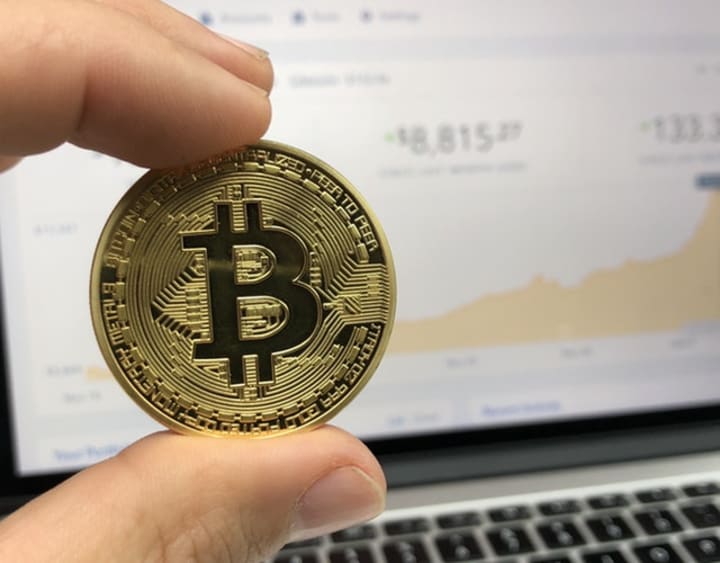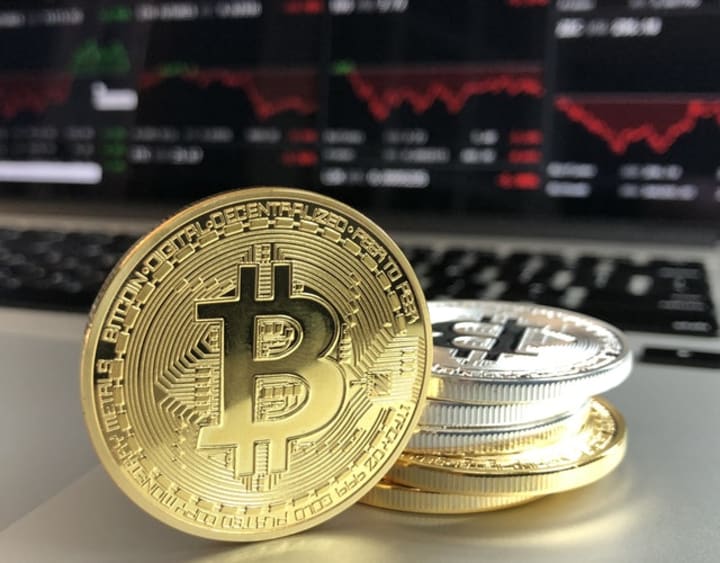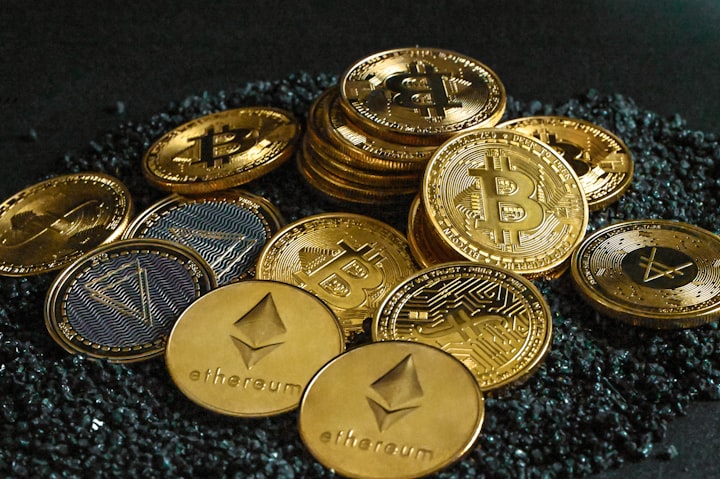Are We Becoming a Cashless Society?
Cryptocurrency could lead to the declining of cash payment acceptance, and cause a completely cashless society to exist.

Although cryptocurrency was first launched in the 1980s without success (and then again in the 1990s), it has become quite acceptable in recent years. Since that time, the digital world has exploded in popularity. As a form of digital currency, people find cryptocurrency quite convenient as they begin using cash less and less. According to economists, coins are more costly to create than they are actually worth, begging the question: Are we shifting towards a cashless society?
Is cash inconvenient?

Photo by David McBee on Pexels
Cash is still widely used, but many experts believe that it will lose its luster, so to speak, as the world continues to progress and become more entwined in the digital age, particularly with the ease of cashless transactions. Many central banks would love to see no cash circulating in commerce due to the cost of cash, especially since the trend of e-commerce is on the rise.
Millennials, and even some people from older generations, no longer carry wallets or coin purses. Often, people carry their credit and debit cards in a metal or plastic holder that is small enough to fit in a pocket and not be seen. Rather than keep change, many people find it more convenient to swipe a credit or debit card as a payment method when purchasing items.
Even with the rising trend of carrying no cash, there are still people who would cringe at the thought of not having cash on hand. Of all the payment methods available, cash is the only option they will choose. To say that our society will turn into a cashless one and very soon would be inaccurate. On the other hand, to say that it could not happen in years to come is inaccurate as well.
What part does cryptocurrency play?

Photo by David McBee on Pexels
With digital payments are on the rise, replacing national currencies with cryptocurrencies, particularly Bitcoin, has been mentioned. Currently, there is a dominating voice of rejection to the possibility, but, eventually, it could become a reality. Cryptocurrency might seem to make international online purchasing more convenient for shoppers, but banks would have to make do a great deal of work to make the adjustment.
A complete conversion to cryptocurrency would mean less government control over currency. Control by the government, as unpleasant as it might seem, brings regulation that is needed. The complete conversion to cryptocurrency could mean a loss of much needed regulation, which would probably bring some virtual chaos. The results could be catastrophic, but if time is given to implement a good strategy, a conversion to cryptocurrency could solve a great deal of problems.
All currencies are in place in the digital world when conducting online purchases and e-commerce transactions. Cryptocurrency, although a form of digital currency, brings a more centralized method of trade and purchase. Although there is less government regulation, it would be a much smoother exchange in terms of international transactions. One of the disadvantages would be less of a need for identification when pursuing these transactions. Fraudulent activities could become an issue, but many believe it would have the opposite effect due to the coding involved with cryptocurrency. Many banking services would be available to those who did not previously have these services, and these people would be able to conduct business transactions unavailable to them in the past, which is a significant sign that the cryptocurrency market is maturing.
The Cash Versus Electronic Transactions Shootout

Photo by David McBee on Pexel
There are very few places in the world in which close to 95 percent to 97 percent of adults have completed electronic transactions. The rate at which these types of transactions are increasing varies around the globe. Electronic transactions are gaining acceptance, at a slower pace in some countries and regions than others.
Most Scandinavian countries are well on the way to a cashless society as Swedish banks no longer have cash on hand. In Kenya, mobile payments are on the rise as citizens make payments directly from their phones. The Kenyan government has not played a role in this trend, as a phone company called Safaricom has contributed to this major change more significantly. This transition alludes to trends that may be translated into how cryptocurrencies can help the global economy one day in the future.
In a society in which convenience is necessary among people who live life at a fast pace, the convenience of instant payments will eventually be the rule and not the exception. Naturally, this will mean that cash payments will be the exception and not the rule in years to come. Of course, there will be people from older generations who will not conform easily to this trend, and will be nearly devastated when many places of business stop accepting cash payments.
The Pros and Cons of a Cashless Society

Photo by Worldspectrum on Pexels
There will always be people who conform easily to change, while there will always be those who resist change at all costs. If any society, or the world itself, becomes a cashless society, there will be both advantages and disadvantages to the change. The pros and cons will simply have to be evaluated to see which one outweighs the other.
Small businesses would benefit from being cashless. Sales would increase due to the convenience of quick and easy transactions. Both business owners and customers will enjoy simply swiping or tapping a screen to complete a transaction.
Because of physical attributes, cash is costly to print. It is also costly to move and guard. Many banks will be more than happy to rid themselves of cash and coin to cut costs as they provide financial services. A cashless bank means less carrying and storage, a convenience to both administration and employees.
Despite those conveniences, there will be businesses who want to remain loyal to their customers by maintaining more than one method of payment. Being cash free will be of no interest to them. Some business owners do not wish to limit themselves to one payment system. In addition, there are still people who will not stop using cash.
Another concern that is being raised by the skeptics is the inconvenience that would arise should the internet be unavailable for a certain time-period in some regions due to storms and other natural disasters. If merchants and banks limit themselves to accepting only electronic payments, they could suffer substantial loss should some type of internet glitch occur. Jumping off a "glitch," let's also not forget the time and technology it would take to hack-proof your cryptocurrency investments and transactions in these instances as well.
Will society ever shift to cashless? Or not?
With the ongoing growth of technology and usage of cryptocurrency, cash is going to become less of a necessity. It might be a novelty for a time, and there will be people who still wish to conduct business using cash; however, the likelihood of a cashless society 10 to 20 years in the future is growing almost daily.
Central banks, along with all that is global, are becoming more widespread with readily available internet access. Cryptocurrency, debit cards, credit cards, and other technologically inclined payments are becoming more easily accessible, and are convincing many skeptics of the convenience of being cash free. While this change will not occur in a few days, a few months, or even a few years, it could eventually become a reality.
About the Creator
Brad Gould
I’m a sports nerd that has multiple fantasy teams in every sport. If you want to know who won the championship in any major sport in any year you’ve come to the right place.






Comments
There are no comments for this story
Be the first to respond and start the conversation.